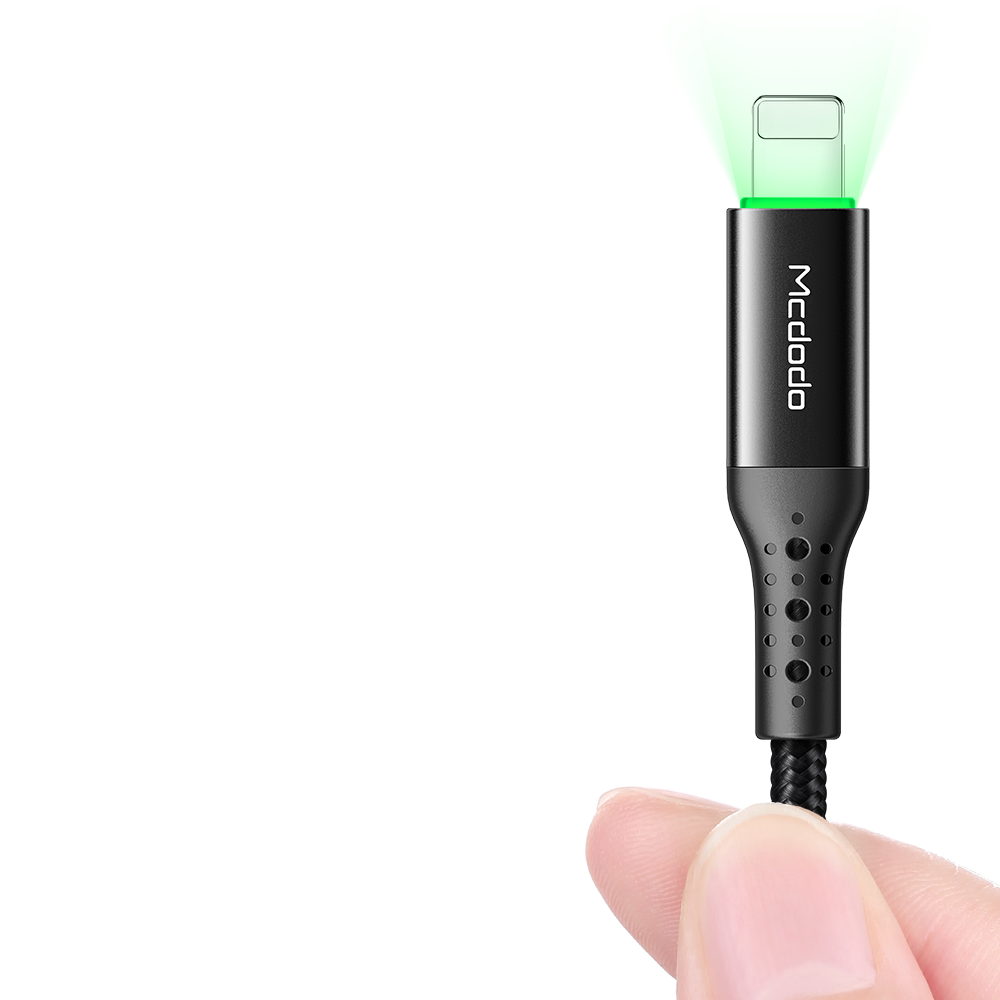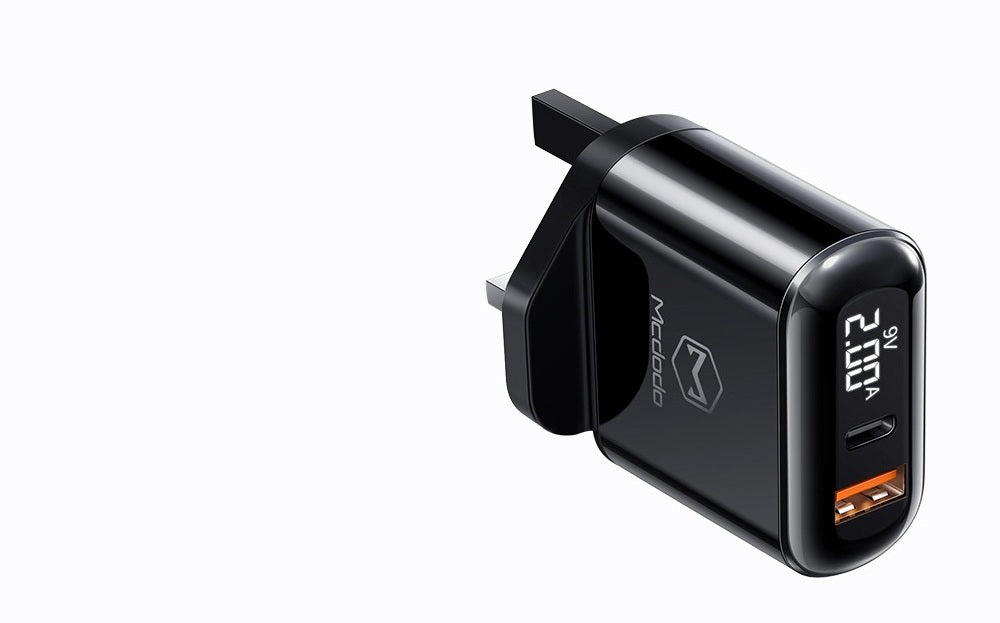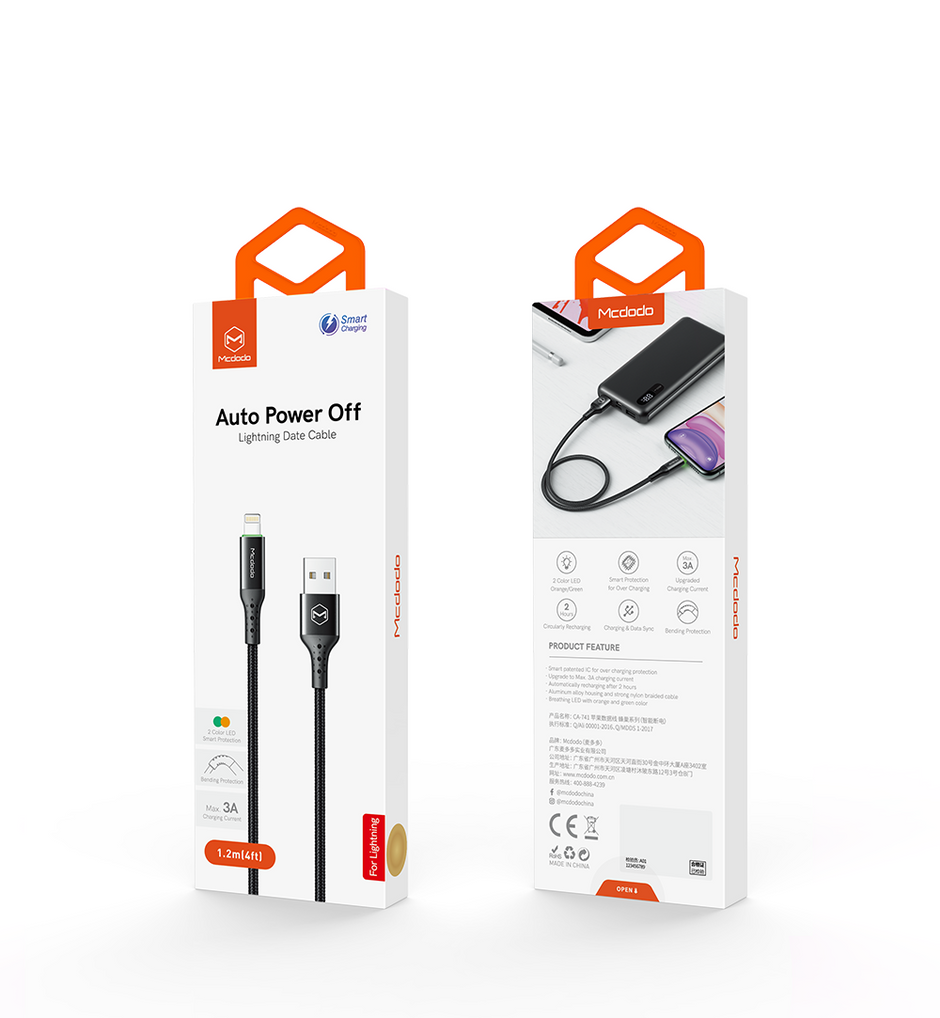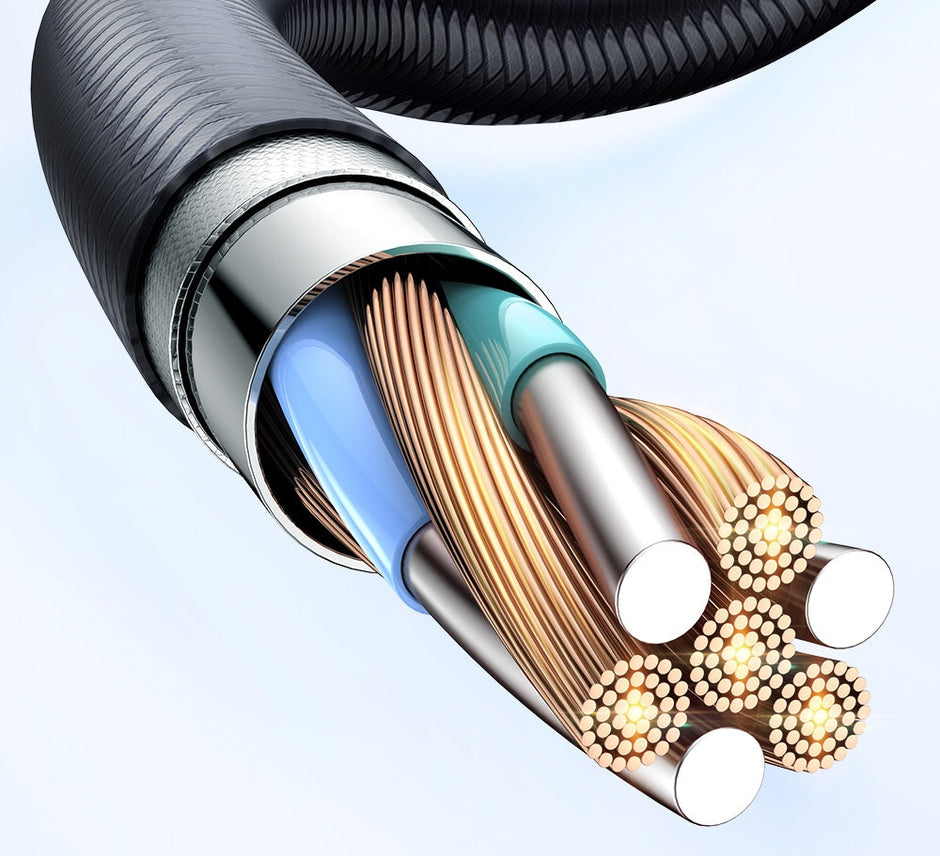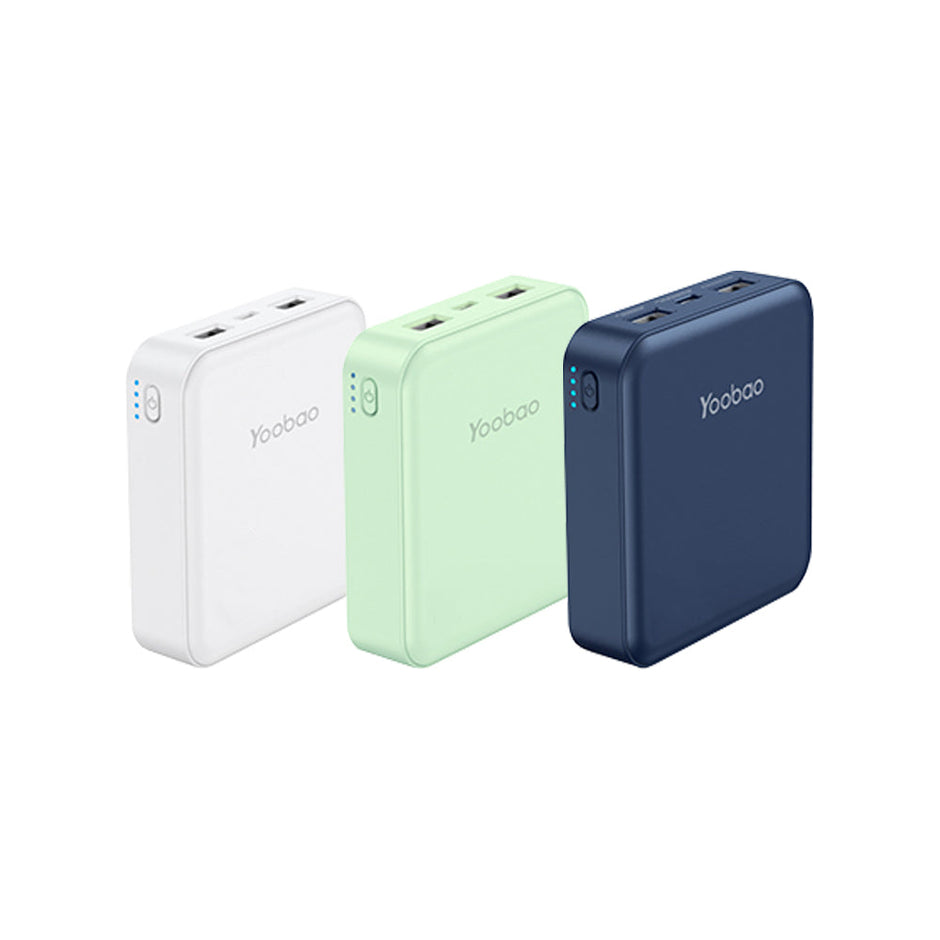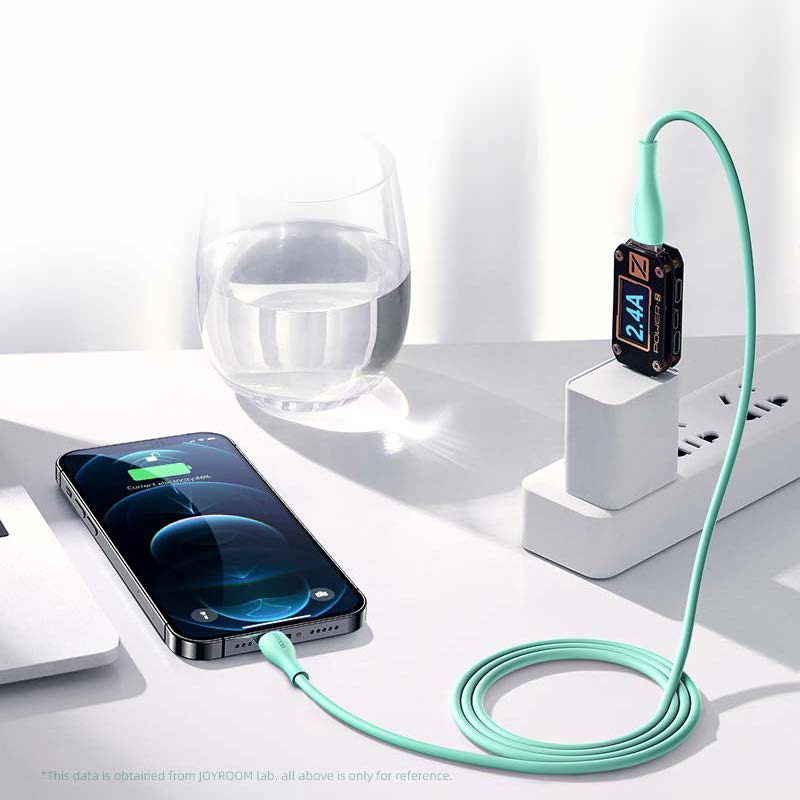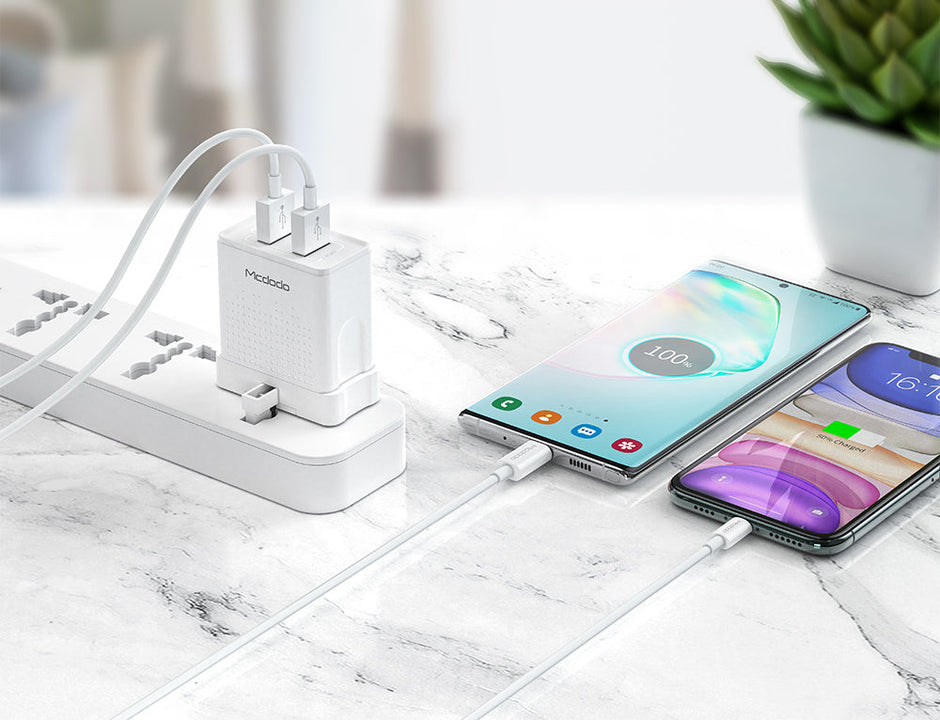Choosing the right mobile cables is essential to ensure your devices are charged and connected reliably. With various options available, it's important to consider your specific needs to make an informed choice. Here's a step-by-step guide to help you select the right mobile cables:
Identify Your Devices:
- Start by making a list of the mobile devices you own or plan to use with the cables. This could include smartphones, tablets, laptops, cameras, and more. Different devices may require different cable types.
Understand Cable Types:
- Familiarize yourself with common cable types:
- USB-A: Traditional USB connector, often used with older devices and computers.
- USB-C: A versatile connector that's becoming the standard for many new devices, including most Android smartphones, tablets, and laptops.
- Lightning: Proprietary connector used exclusively by Apple devices like iPhone and iPad.
- Micro-USB: An older standard still used by some devices, particularly older Android phones and accessories.
Consider Cable Length:
- Determine how long you need your cables to be. Short cables are ideal for charging on the go, while longer cables offer more flexibility for use in various settings, such as home or office.
Prioritize Charging Speed:
- If fast charging is crucial for you, look for cables that support higher charging speeds (e.g., 18W, 30W, or 60W). Ensure your device and charger are compatible with these higher speeds for optimal performance.
Check Data Transfer Capabilities:
- If you plan to use the cable for data transfer (e.g., syncing music or transferring files), make sure the cable supports data transfer at the required speed. USB 3.0 and USB 3.1 cables offer faster data transfer rates compared to older USB 2.0 cables.
Quality Matters:
- Invest in high-quality cables to avoid issues like fraying, breakage, or inconsistent charging. Look for cables with durable materials, reinforced connectors, and good reviews from reputable brands.
Consider Compatibility:
- Ensure that the cable you choose is compatible with your device's operating system (e.g., iOS, Android, Windows) and connectors (e.g., USB-C, Lightning, Micro-USB). Some cables may work better with specific brands or models.
Beware of Counterfeit Cables:
- Be cautious when purchasing cables from unauthorized sellers or at significantly lower prices. Counterfeit cables may not meet safety standards and could damage your devices.
Read Reviews and Seek Recommendations:
- Check online reviews and seek recommendations from friends, family, or online communities to gain insights into the performance and reliability of specific cable brands and models.
Warranty and Customer Support:
- Consider purchasing cables from manufacturers or retailers that offer warranties and responsive customer support. This can be valuable in case you encounter any issues with your cables.
Environmental Considerations:
- If you're environmental conscious, look for cables that are made with sustainable materials or are recyclable.
Budget:
- While it's essential to choose quality cables, compare prices to ensure you're getting a fair deal. You don't always need to opt for the most expensive cable; find a balance between quality and affordability.
In conclusion, choosing the right mobile cables involves understanding your devices, cable types, length, and your specific needs for charging and data transfer. Prioritizing quality, compatibility, and reliability will ensure that your mobile cables serve you well and keep your devices connected and powered up when you need them most.

